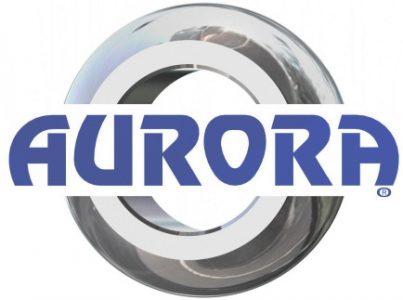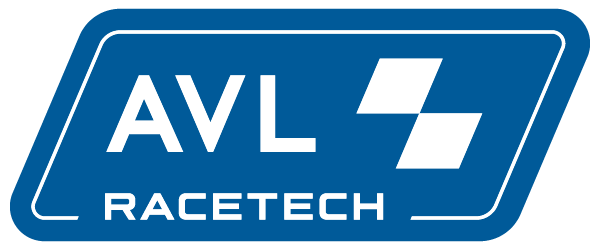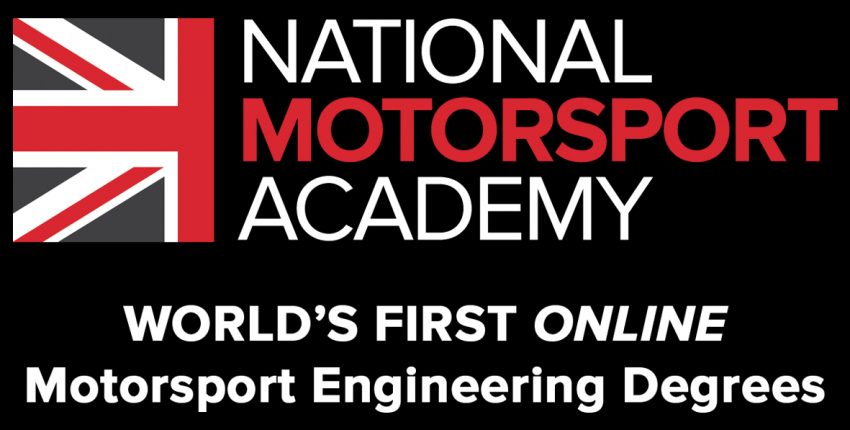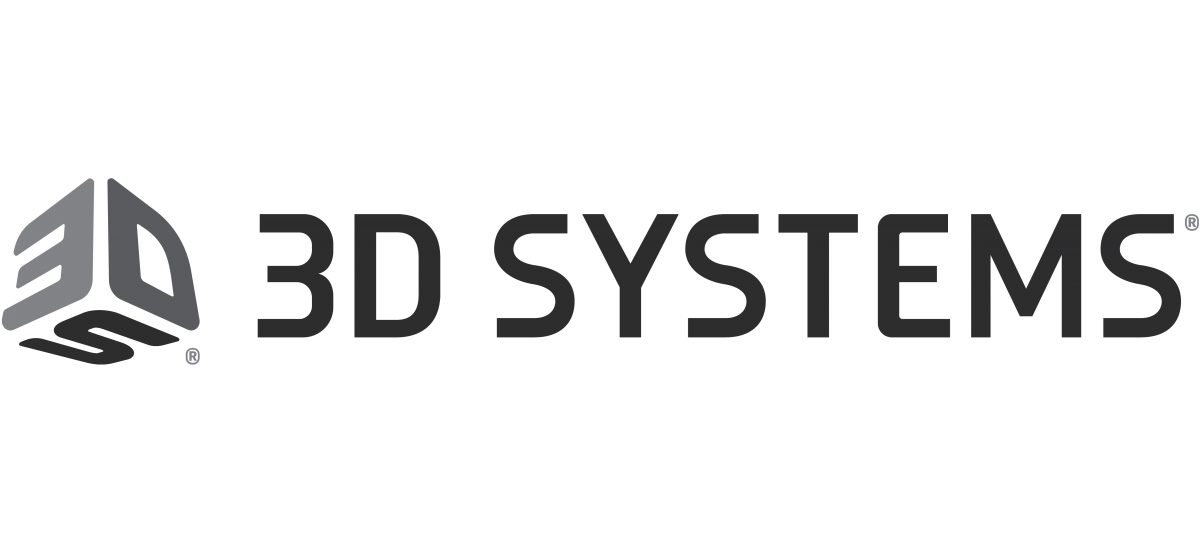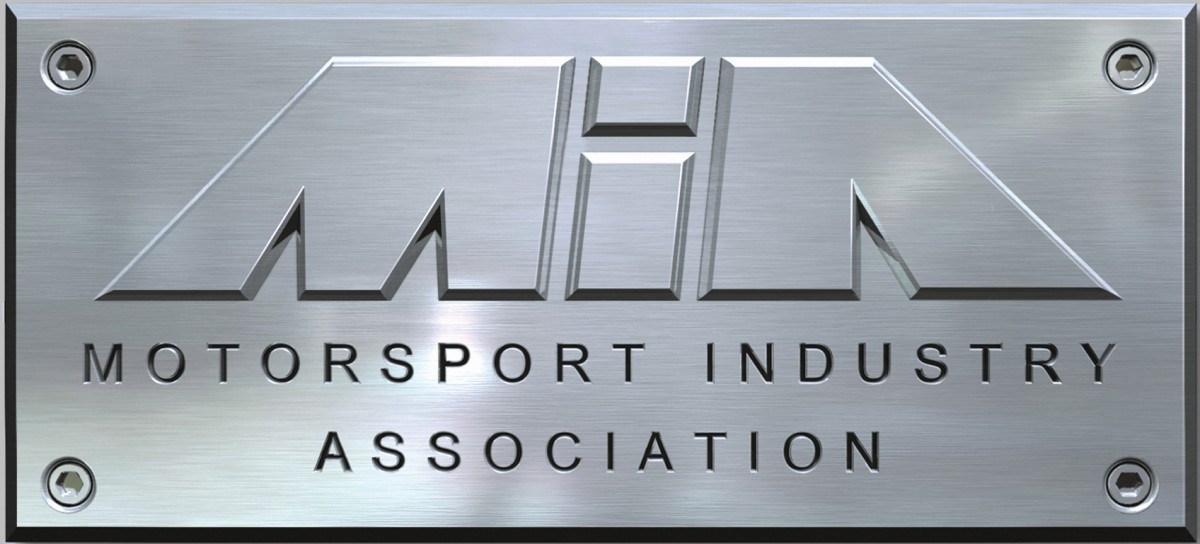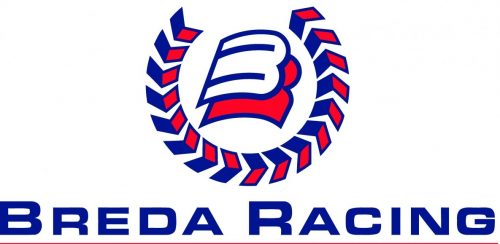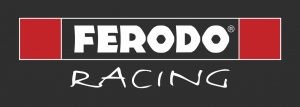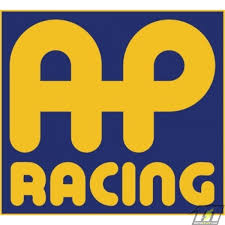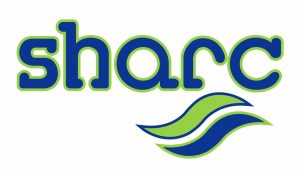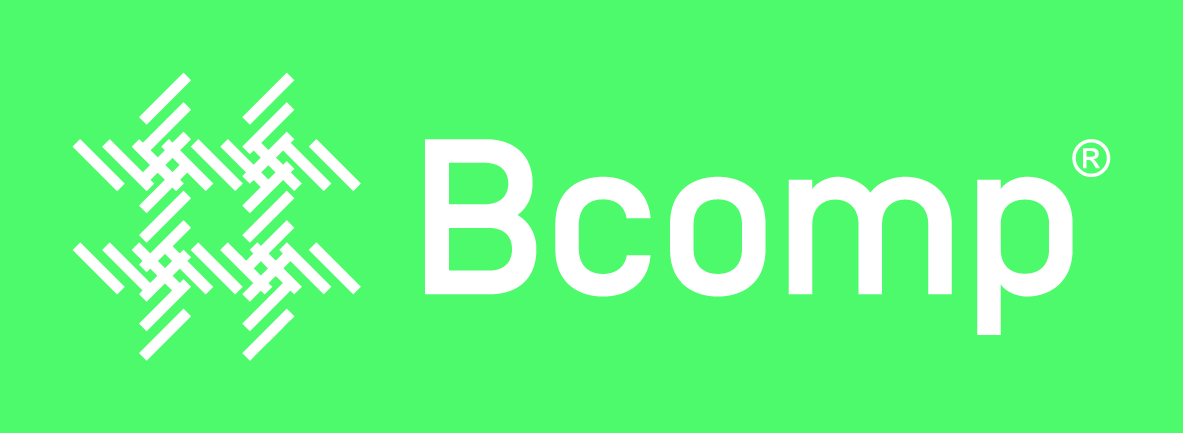Team Bath Racing first to use AR tool for Formula Student
The University of Bath has begun using a new augmented reality tool for the first time to assist production of its 2019 Formula Student competition entry.
It is understood to be the first time the technology will be used as part of the manufacturing process of a Formula Student car.
The AR tool, developed by Rocketmakers, will help with the construction of the car’s monocoque, specifically with the application of carbon fibre laminates. The application process is conducted over an intense week-long period with students from Team Bath Racing working in shifts, applying each pre-cut carbon fibre laminate in the correct location. To ensure maximum strength and rigidity for the final product, the weave and direction of each laminate must vary according to a predetermined pattern.
The Rocketmakers designed tool creates an augmented reality version of the car monocoque which is “placed” on top of the real monocoque. The correct shape, location, and orientation of where each carbon fibre segment should go is visible to the wearer during the application process.
The new tool is expected to provide users with a much improved work experience and accuracy rate than current methods. While carbon fibre laminates are typically applied by robots in production vehicles, their application in small-scale production is generally one of the more physically and mentally demanding parts of building bespoke vehicles. Current state-of-the-art, even for Formula 1 car construction, consists of placing a computer screen nearby and “eyeballing it.”
As one misplaced carbon fibre segment can have enormous negative consequences for the integrity of the final result, Team Bath Racing are delighted to be the first to try out the new Rocketmakers tool.
Team Bath Racing 19 Business Manager and MEng(Hons) Mechanical with Automotive Engineering student at the University of Bath, Jack Harris, eplained: “After you’ve spent most of a year designing a car, the week long process of carbon fibre layup is really nerve-racking.
“We’ve been talking to Rocketmakers for months to determine where the best use of AR technology would be for assisting car construction. Carbon fibre layup is definitely one of those jobs that, despite the high tech equipment we use for our design and testing, still relies mostly on hand-eye coordination. Having a tool to assist with the stressful, backbreaking process is really exciting.”
The decision to use AR to create a tool for assisting carbon fibre layup was made after many months of discussion between Rocketmakers and Team Bath Racing. Both groups wanted to create and test a tool which was genuinely useful, could operate easily within the constraints of current AR headset technology, and required minimal advance work by the students.
The carbon fibre application will be assisted using two Microsoft Hololens headsets. Although these are currently the most powerful headsets available commercially, the complexity of virtual images the Hololens can project is still limited. Carbon fibre layup is ideal because it concentrates on a single car body part at a time. Even so, to work with the Hololens the resolution of the computer assisted design (CAD) files the students use for most work had to be reduced to be compatible with the Hololens processors.
Rocketmakers provided its expertise in AR free of charge to Team Bath Racing as part of the company’s ongoing commitment to developing technology talent in Bath and the southwest of England.
Team Bath Racing, which is made up of undergraduate student engineers from the University of Bath’s Department of Mechanical Engineering, is the UK’s most decorated FS team, including a record world ranking of 3rd out of 554 teams and being the first British team to win a Formula Student event, at FS Czech in 2016.
Richard Godfrey, Chief Executive, Rocketmakers said: “At Rocketmakers we love creating new innovations with the latest technology, and this is a great example. It will be great knowing when we see the Team Bath Racing car zip around the track that our designers had a hand in making it one of the world’s first AR-assisted cars.”
The Formula Student competition challenges student engineers to design, build and race a single-seat racing car in one year. Nearly 700 teams from across five continents compete at the 15 possible FS competitions across the globe. The competition scrutinises a variety of aspects of each team’s racing car, ranging from manufacturing cost and vehicle design, to on-track performance metrics such as vehicle acceleration and fuel efficiency, and ultimately race pace.



